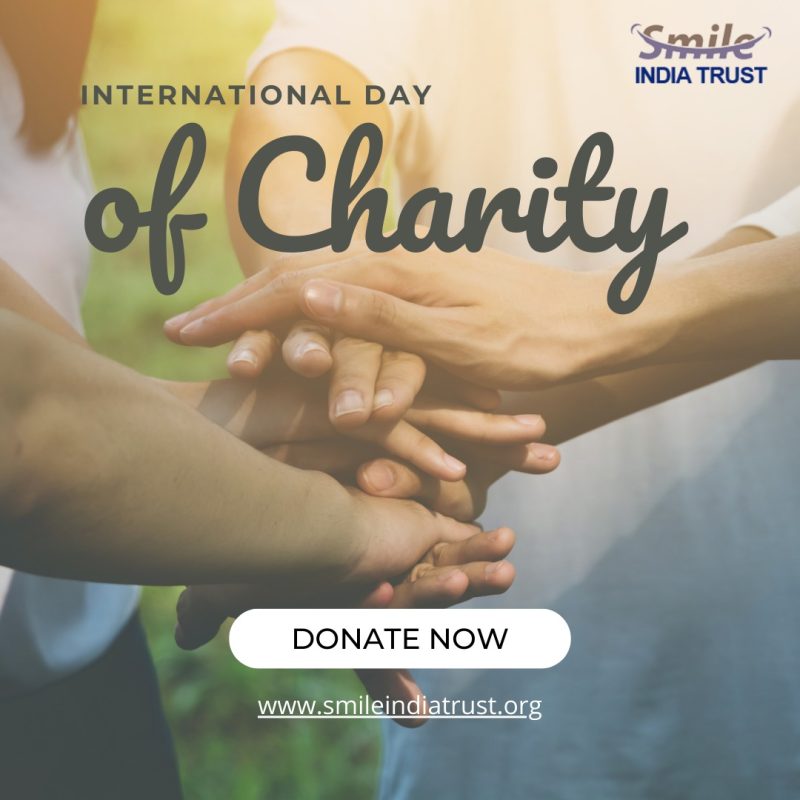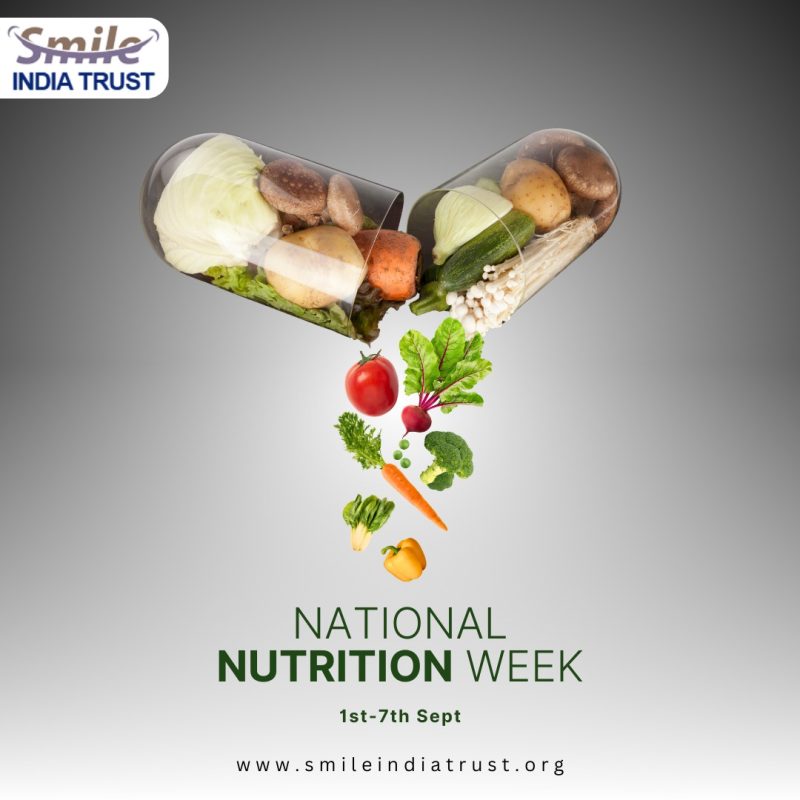In September, Smile India Trust made a significant impact by supporting underprivileged communities. We organised educational activities at our rehabilitation centre, distributed nutritious meals, and offered free clothes. Our Computer Literacy Program welcomed new students, and through online counselling, we provided essential support to those in need. You can view our work for September 2025 […]
World Tourism Day is right around the corner—September 27th, to be exact—and Smile India Trust is taking a refreshingly impactful approach this year. Rather than sticking to the standard “let’s celebrate travel” playbook, this well-known NGO is emphasising tourism’s real value: connecting people, breaking down cultural barriers, and spreading joy. For Smile India Trust, tourism […]
The International Day of Peace isn’t just a symbolic event for us to check off the calendar. True peace isn’t simply about the absence of conflict—it’s about building systems where justice thrives, people have access to health care, and children get real opportunities to learn and grow. Imagine a classroom where every child is truly […]
Smile India Trust is pleased to participate in the upcoming World Patient Safety Day on September 17, 2025. This year, the World Health Organisation has chosen the theme “Safe care for every newborn and every child,” with the slogan “Patient safety from the start!”—a message that sits at the core of our mission. As an […]
Literacy is a genuine game-changer in today’s world—it’s the first step toward opportunity, confidence, and real growth. At Smile India Trust, we not only acknowledge this, but we also act on it. Every International Literacy Day, our commitment ramps up. We see education not only as a fundamental right but as a strategic tool for […]
September 5th marks International Day of Charity—a timely opportunity to step back from business as usual and consider the bigger picture. The reality? Many communities across India continue to face significant challenges and require genuine support. That’s exactly where Smile India Trust comes into play. We’re not just talking about change; we’re making it happen, […]
In August, Smile India Trust operated at full throttle. The Computer Literacy Program equipped local youth with practical digital skills. Cleanliness initiatives significantly improved public spaces, elevating overall community standards. Through the Meal of Happiness, fifty individuals received nourishing meals. Vital Sessions promoted health awareness, while Educational Programs fostered intellectual growth. Project Garima, along with […]
National Nutrition Week, observed annually from September 1st to 7th, stands as a strategic opportunity to amplify awareness about the critical role of nutrition in public health. At Smile India Trust (SIT), this period is more than a calendar event—it’s a focal point to emphasize our ongoing commitment to supporting underprivileged children through targeted nutritional […]
We believe every child deserves the opportunity to play, learn, and grow, and this special day, which marks the birth anniversary of hockey legend Major Dhyan Chand, provided the perfect occasion. Smile India Trust celebrated National Sports Day with great enthusiasm, highlighting the importance of physical activity for holistic development and bringing smiles and opportunities […]
August 26th’s Women’s Equality Day honors the ratification of the 19th Amendment in 1920, giving American women the right to vote. Smile India Trust, a dedicated NGO founded in 2017, reflects the spirit of equality in working towards empowering underprivileged women in India. Education, healthcare, and economic empowerment are core areas through which the organization […]








